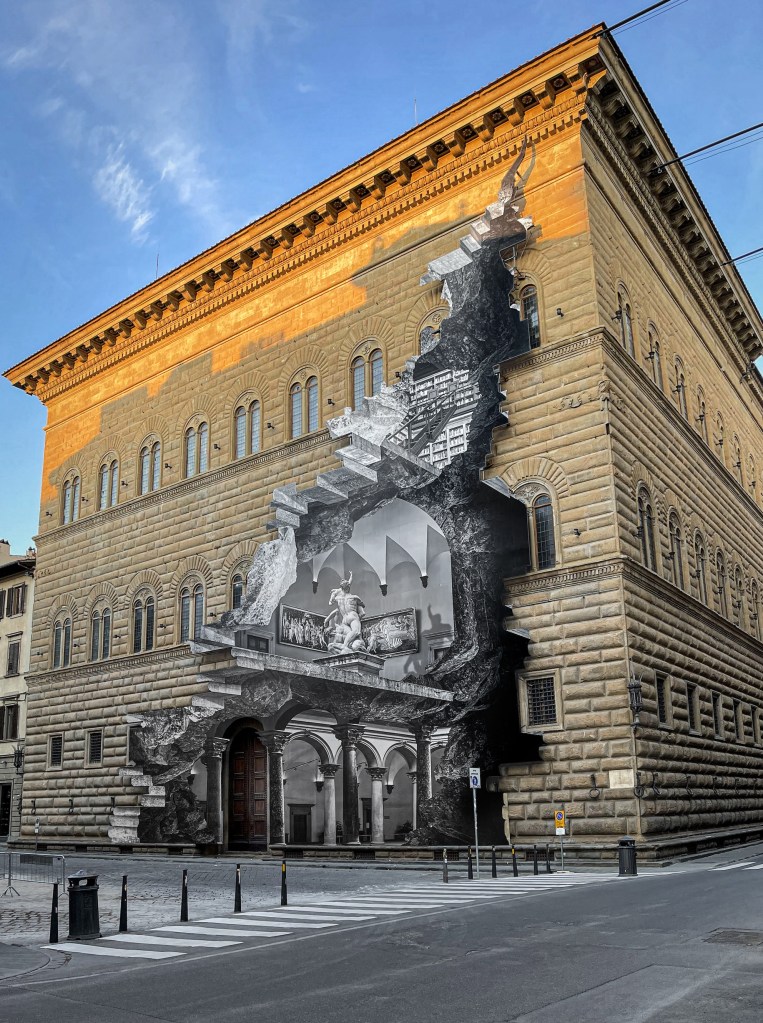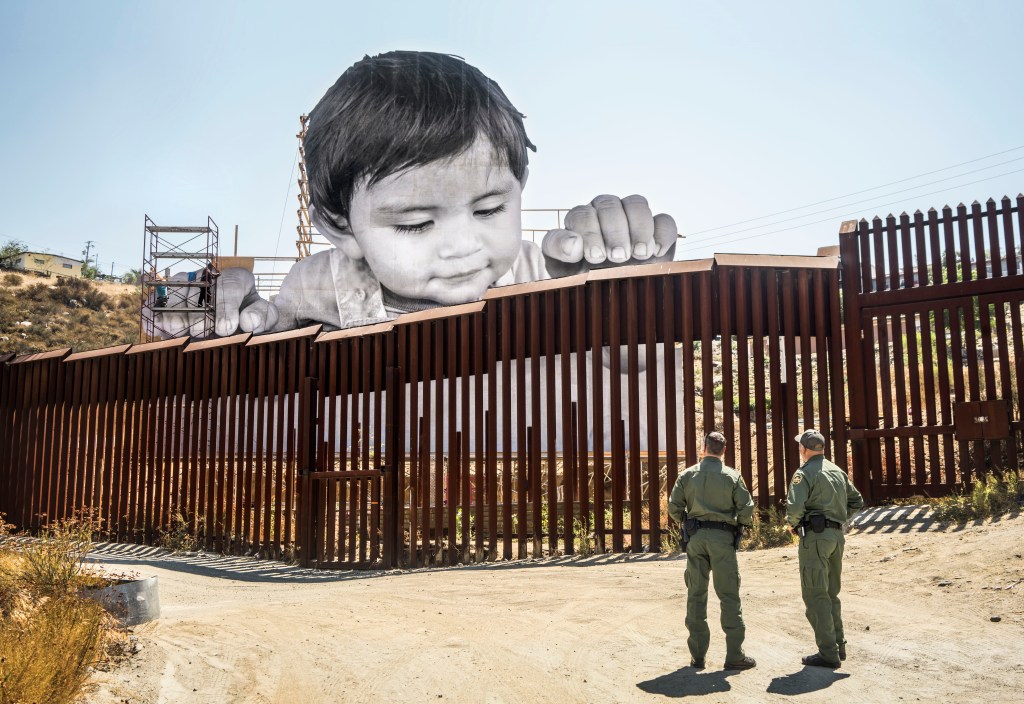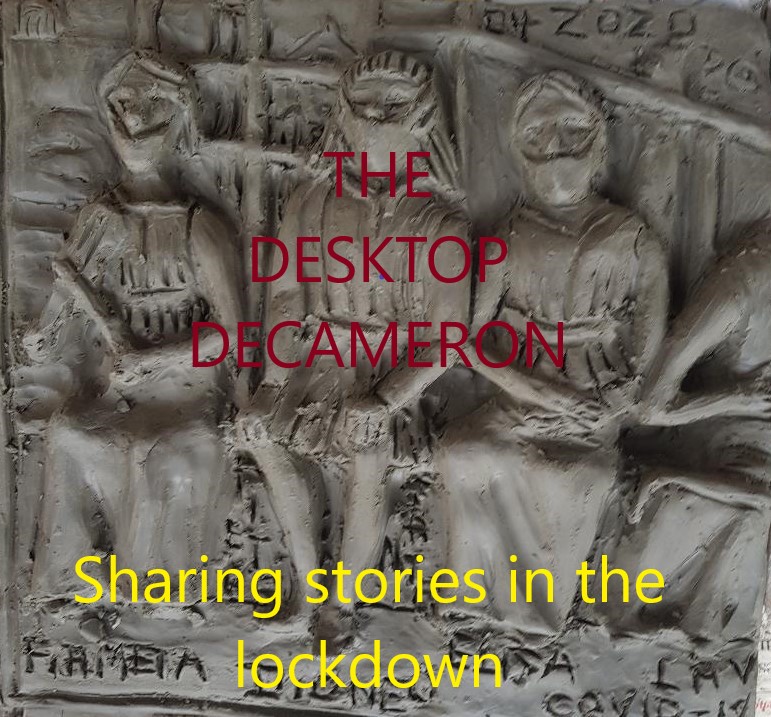
GORDON BENNET!!! I once thought that famous expression of surprise, amazement or sheer disgust especially British, until a visit to the Ibis Centro Hotel nearly ruined my delight at first visiting beautiful Barcelona. I then discovered it comes from the always curve-balling Scots-born American entrepreneur (decision disputed) who founded the New York Herald, so at least worthy of some travel journalism . You’ll see why the great British goalkeeper Gordon Banks came to mind too, especially in the City of Barcelona FC, although I chose the Ibis Centro hotel not because of football, nor Barcelona’s billion Euro Stadium, but its proximity to the SF, Gaudi’s Church of the Sacrada Familia. Telling then that the Ibis is an ancient symbol for the human soul. After a pleasant little cruise from Genoa, with my car and lovely dog, driving through mighty Barcelona’s wide palm and sea fringed boulevards, lifted by the immediate sense of generosity, colour, liberalism and pure joie de vivre I reached Ibis Centro hotel reception at 2pm. Only to have my rolling ball of wonder kicked straight into touch and by the apparent referee. “But Sir, you have booked two rooms” I was told ominously, at over 200 Euros each, (in fact the Sir wasn’t present), and was informed I must pay for both. I explained I had not booked two rooms, because I had not actually authorized my UK bank to complete a first more expensive and non refundable purchase attempted online, (the code never came through). At the time I thought I never had any confirmation email either for the unauthorized purchase, just why I then reserved a cancellable room with Booking.com, with 24 hours notice. In fact, checking back I had got an email I had not noticed, since it arrived on the same day as a Booking.com unpaid reservation, and messages from Ibis too. As I tried to explain, if I had seen that email why would I not have cancelled the Booking.com one, which I had not done because I wanted a room, but just one, with my dog too, and a happy and even sacred holiday.
So to that third Gordon, suddenly thrust under my nose, in the form of a hotel reservations outfit on a now printed booking form, apparently based in France, called Gordon Bedbank. Gordon Bennet! I explained why there might have been a mistake, indeed there so obviously was an innocent mistake, and I wonder what it was that so raised my temper, but it was certainly more than money. Firstly the stupid if supposedly proud attitude to the apparent customer and guest, at least once upon a time, from the semi-manager lady who suddenly loomed behind the two lads at reception, with an apparent desire to restart the Spanish Civil War. Then, since I come from a legal family, her repeatedly irritating insistence just on ‘Terms and Conditions’ and incorrect claim there was nothing at all they could do. I tried to shine like a brilliant barrister and asked immediately, at 2.10pm, if the hotel was full. “Yes” came the instant reply, which I am afraid I still do not believe, suggesting too they could very likely sell the room on anyway, at that time of day. But since I would eventually pay for the second room too with my debit card the Booking.com money had not gone out already and why could Ibis not just cancel it? “It is not our fault, it is your FAULT” came the furious cry too, with more Terms and Conditions stressed as if the receptionist was a trained lawyer but absolutely no concern for my surprise or indeed mounting upset.
Meanwhile though that always fatal bell was starting to toll in my brain that added pain to the frustration, – Cognitive Dissonance. Without my quite yet clocking what is obviously potentially lost in translation too – namely that weird name – Gordon Bedbank. Who, what? I know that sadly we live in an age of rising food banks, especially in the UK, but Gordon Bedbank? It is hardly a very convincing name, if beds and banks are involved, and so potentially a scam, that should at the very least be an appeal to any diligent or just hotel referee. Looking online, even more worrying that Gordon Bedbank says it is part of The Infinite Hotels group, that probably deserves a spot next to Douglas Adams’ ‘Restaurant At The End of The Universe’, self serving and self eating cows and all. Having once lived in Spain myself, a country I love, I now foolishly appealed to a sense of Spanish honour and asked if, apart from my own distress as a customer with only my very gentle dog to back me up, it was really a homage to Catalonia, self respect or decency to charge anyone for something they were obviously not going to use. Is that not theft? Now I could not quite discern if the repeated snarl of ‘Terms and Conditions’ referred to Messers Bedbank (Unoccupied), Booking.com or both, but there was certainly no concern, courtesy or real attempted resolution from Ibis, and only getting the money mattered, as much as possible. Like any celebrated centre forward I dodged the tackle and again appealed to higher powers, as a precisely dressed and whiskered fellow appeared from the locker rooms beyond who made an attempt to phone the great feeding Bedbank, I think with no reply. So the ball was back in my court, or in my half, facing the deeply offensive strategy of two onside Catalans, and very much threatening an own goal here too. I am afraid heat exhaustion got the better of me, and not wanting such a lovely taste of Barcelona to be ruined, I span on the ball and coughed up. Though I stalled in attempted indignation too, but then thought the prospect of actually trying to occupying two rooms silly, because my dog prefers my company and can’t use the mini bar anyway (there isn’t one).
The general impression of the Wales-Barcelona match then, and after several complaining emails to Ibis Management, is that a chain is willing to hide behind both ‘Terms and Conditions’ and online booking firms with neither honour, respect nor concern for the decent satisfaction of their customers, let alone justice, but just to get the money in. I wonder if the metaphor extends to football! After claiming my case has been carefully ‘studied’ by General Management, but in emails from the same person I have too much respect to name and shame, and that the first non cancellable (and not finally authorized) more expensive booking was somehow ‘promotional’ I have been advised my complaint has been passed to their legal department. Rock on. Anger compounded by the fact that in the Ibis Centro at least, in the car park I found the slope so steep and the two giant closing doors so quick I thought it actually dangerous. I fear though I have quite a competitive spirit, or concern for fair play, so I checked with my bank and the transaction made on July I was showing not to Gordon Bedbank but to Ibis Hotels. A bit odd, which I also told Ibis about while at the hotel. Not only that but in that Confirmation email of a transaction I had not authorized there was no mention of Gordon Bedbank, an email that has vanished. The second payment I was then forced to make under clear and hugely reasonable opposition then went through on July 4. I also wrote to a company online, perhaps because of AI apparently tied to Messers Bedbank, who replied saying they had had many emails and phone calls but know nothing of the said Reservations Company. Gordon Banks and Bennet! I also wrote to an email I found Online attached to Gordon Bedbank and Infinite Hotels, without any reply. Ibis have never said they are even remotely concerned though if this is some kind of professional foul, one clearly affecting many, and they surely should be. But what foul, or even possible scam? The only thing I could think of is that somehow Gordon Bedbank can force through attempted reservations that have not been completed, so authorized with individuals banks, leaving the door open to completely unaware second reservations. That of course, from my own legal knowledge, would only amount to criminal fraud if the Ibis chain are somehow involved too, I have no proof of whatsoever, though I vaguely recall looking on the Ibis website myself when trying to find the right place, at the best value. As I argued at the time I had also had several emails from Ibis though about parking, breakfast and my dog, but no mention at all of any potential confusion over two bookings. They were very aware of it though because they brought it up immediately, as soon as I walked into the hotel. Caveat Emptor, of course, and it was my fault I assumed no payment could be taken without my final confirmation and so I did not properly scrutinize emails either. So above all be aware surfing Online Booking outfits and scrutinize those reservation numbers. An equally serious point is that hotels should ask some form of redress or discretion even if ‘mistakes’ are made from either customers or those Booking firms, this time Booking.com, apparently bound into ‘Terms and Conditions’. Not just so rudely force the responsibility back on the supposedly valued customer and just pocket the cash. Certainly businesses need to cover their backs but also care for their customers, for people, especially at hotels, and over what was so obviously not intended. Regardless of that, it is particularly sad the first line of defense is “It is your fault not ours, end of story,” and that nobody either cares or takes responsibility in the ‘machine’ of it all. Perhaps from the top no one is given any responsibility or discretion and good power anymore and we are all potentially lost online, or it is increasingly used as an excuse. Ibis took money from a client for nothing at all though, upset them badly in their cackhanded attitude and seem to have no shame or care about it whatsoever, as they cover the team backs. To me then not really a decent hotel, but just a kind of rolling bed bank, strictly for their lovely deposits. Not terrible, nice breakfast, but despite the hotel name a soulless and I’m afraid honourless machine.
There was a little consolation prize. In the fight of it perhaps I earned my own Catalan style of honour with the rather embarrassed and far nicer guys on reception, one Moroccan, looking apologetic but powerless. Then being ‘gifted’ the handy waste clip dog bowl and poop bags in plastic bone holder, courtesy of the precisely dressed and whiskered referee. Perhaps that dig at Spanish honour worked. I remarked it was the most expensive bit of kit my dog had ever had, but a bright initiative if hotels do it across Barcelona, for correcting at least canine fouls, if not professional ones. Then of course there was the goal of the season too, just around the corner. Gordon Bennet, Banks and even Bedbank! Gaudi’s astonishing life time achievement and bequeathed work-in-progress of the Church of the Sacrada Familia, with architectural echoes around the city, bursts from the ground like a volcano of pure creativity, and is so bizarrely surprising, indeed astonishing it might make an artist and sculptor like me give up, if I wasn’t so competitive or hot headed. Of course, because everything now seems swallowed by the money machine and you have to book three days in advance and pay a hefty entrance, as the city (and hotels) prey on the visitors even in a Church, I didn’t get to see the inside, but the outside was reward enough for all the agro. Whatever you believe in or don’t, it is just a miracle of the spirit and human imagination, the true work of the human hand and heart, like so much of wonderful Barcelona, but sadly quite unlike the little Ibis Family of shiny and grasping, soulless Hotels.
David Clement Davies July 2025









